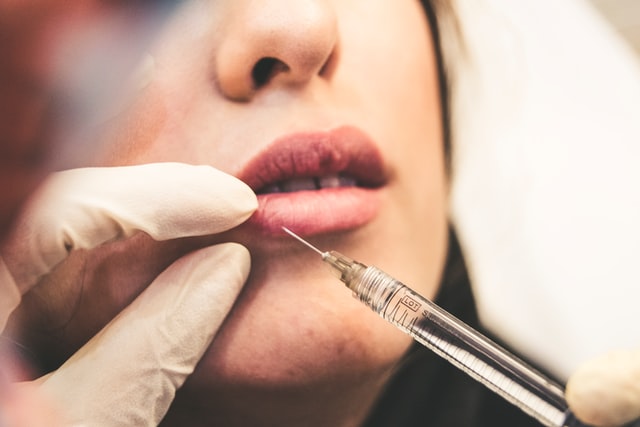In the current competitive, fast-paced world, an increasing number of people are making choices that improve their quality of life. One of these choices includes non-invasive cosmetic procedures to alter their physical appearance.
Aesthetic medicine is a subspecialty that uses minimal and non-invasive medical procedures to modify a person’s physical appearance. It includes laser treatments, chemical peels, and botox fillers, among other procedures.
Centers like the American Association of Aesthetic Medicine and Surgery offer legitimate courses to licensed medical practitioners in aesthetic medicine. They teach them complicated procedures with practical classes, providing a certificate upon completion of the course.
Reasons to see an aesthetic practitioner
Although fairly new, aesthetic medicine is an exciting medical trend that caters primarily to people who wish to minimize the effects of ageing. You can see an aesthetic medical practitioner for any of the following reasons.
Specific medical conditions
Certain diseases can change the physical appearance of people. These include obesity, cancer, lupus, and diabetes, among others. Aesthetic medicine is a popular way to manage and prevent these changes.
Corrective procedures
Traumatic injuries to the body resulting from accidents or acts of violence can result in loss of limbs or severe disfigurement. Aesthetic surgical procedures can aid a person to regain lost bodily functions. For instance, skin grafting can help burn victims who have limited flexibility in their affected limbs.
For a boost to your self-esteem
Aesthetic medicine can improve the mental and physical health of a person. An altered physical appearance can boost confidence and bring more happiness, leading to a better quality of life.
Visible signs of ageing
As the body ages, physical changes such as loose skin, wrinkles, and unwanted fat deposits will be visible, among other things. Aesthetic cosmetic procedures can effectively deal with these ageing conditions.
Major types of aesthetic medicine courses
Registered nurses, medical doctors, dentists, and other licensed medical practitioners can apply to aesthetic medicine courses. The American Association of Aesthetic Medicine and Surgery and other centers like it offer a variety of virtual-cum-direct courses in aesthetic medicine. Popular ones are given below.
- Botox training
Botox is a neurotoxin that one must handle with care. The course teaches medical professionals how to identify the right facial muscles that need the injection. It is not just a theoretical course but will also allow students to put their knowledge to practice. Under the supervision of experts, they will learn how to administer botox injections safely.
- Dermal fillers
In this course, students will learn how dermal fillers can deal with various facial ageing processes. They will be taught complex filler techniques alongside examining an actual patient. Drawing treatment plans, dealing with varied facial issues, and avoiding filler complications will also be taught.
- Chemical peeling
A chemical peel is a highly sought-after cosmetic procedure that improves the quality of the skin. It is a complex procedure that untrained medical professionals must not attempt. It involves the facial skin being painted with a chemical solution that will cause the top layer of skin to gradually peel off. The new skin is younger and softer than the previous one.
- Physical aesthetics
Under this course, students will learn about in-depth procedures done on the body. These include liposuction, reduction of skin laxity, and tummy tucks, to name a few. Aesthetic medicine has made medical procedures like these minimal to non-invasive. Practitioners of aesthetic medicine typically use laparoscopes and other such modern techniques to perform these types of procedures.
Since all of these are challenging medical procedures, it is crucial to learn them from licensed experts before giving treatments. This minimizes risk and maximizes procedural benefits.
Well-trained aesthetic specialists have a deep understanding of facial and body anatomy, surgical techniques, and medications, among other vital aspects. They provide counseling and top quality pre-and-post operative care to patients.




